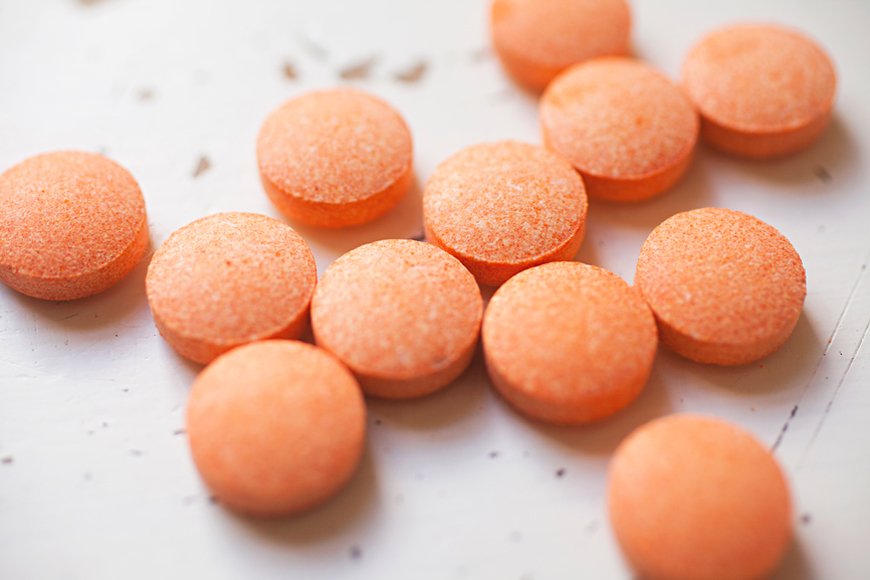To get the facts on how much you actually need, I called up two experts I knew would have the intel: Thomas Levy, MD, is so full of knowledge on the nutrient that he's been nicknamed "the vitamin C guy." He even wrote a book on it: Curing the Incurable: Vitamin C, Infectious Diseases, and Toxins. Vishal Patel is the senior research and development manager at Nuun, a go-to hydration brand for athletes. He helped develop the brand's latest Immunity blend, full of (you guessed it) vitamin C—along with several other good-for-you boosters. Here, they explain everything you need to know about vitamin C intake.
Keep reading to find out whether it's possible to get too much vitamin C.

Why you need more vitamin C after a workout
First things first: How exactly does the nutrient help keep you healthy? "Vitamin C is one of the most important nutrients for the body because it’s the body's primary nutrient for fuel," Dr. Levy says. According to him, vitamin C plays a crucial role in fighting free radicals, metabolizing protein, synthesizing collagen (which ultimate benefitting your skin and gut), and helping with iron absorption.
And because the body does not make its own vitamin C or store it, you need to consume it regularly. The National Institute of Health (NIH) requirements state that the average, healthy person needs 90 mg a day, but Patel says most of the testimonial research he's looked at suggests a much higher amount. "The 90 mg will make sure you're not actually deficient, but you really want to be consuming around 250 or 400 mg a day to stay healthy," he says.

{{post.sponsorText}}
But if you're sick or exercising a ton, you need more, between 700 to 800 mg. "If you're training for a half marathon or working out for an extended period of time, after your work out, your immune system is actually compromised a bit," he says. "Exercise is fantastic for the body, but it does stress it out a bit." Pro tip: Patel says to pair your vitamin C with electrolytes for even better absorption.

Can you overdose on vitamin C?
"You can reach too high levels of vitamin C," Patel says, saying for adults this means 2,000 mg a day (or 1,000 mg for kids). He explains that when you have too much, two things can happen. One is that you can experience cramping and gastrointestinal issues. Not fun, but not exactly the end of the world.
The other is that it can interrupt your normal cell signaling, which is how your brain communicates with every part of your body, controlling everything from lifting a finger to going for a run. "What we’ve found is that since vitamin C is such a powerful antioxidant, when you start consuming high amounts of it, it actually disrupts that signaling from your brain to the rest of your body," Patel says. "A lot of studies have recently shown that it can actually affect your exercise ability and endurance capacity."
Dr. Levy, however, somewhat disagrees. "People are vastly more at risk of not getting enough vitamin C than getting too much," he says. He makes a fair point: Consuming 2,000 mg isn't exactly easy to do (for perspective, one orange has about 70 mg of vitamin C).
And if you do manage to down a couple gallons of OJ, Dr. Levy isn't all that concerned. "You would just excrete it out," he says. "The best way to tell how much you need is by experimenting with different doses and then seeing how you feel and how your blood tests [check out]."
Here's what else your body needs when you're sick and after a workout.
Loading More Posts...